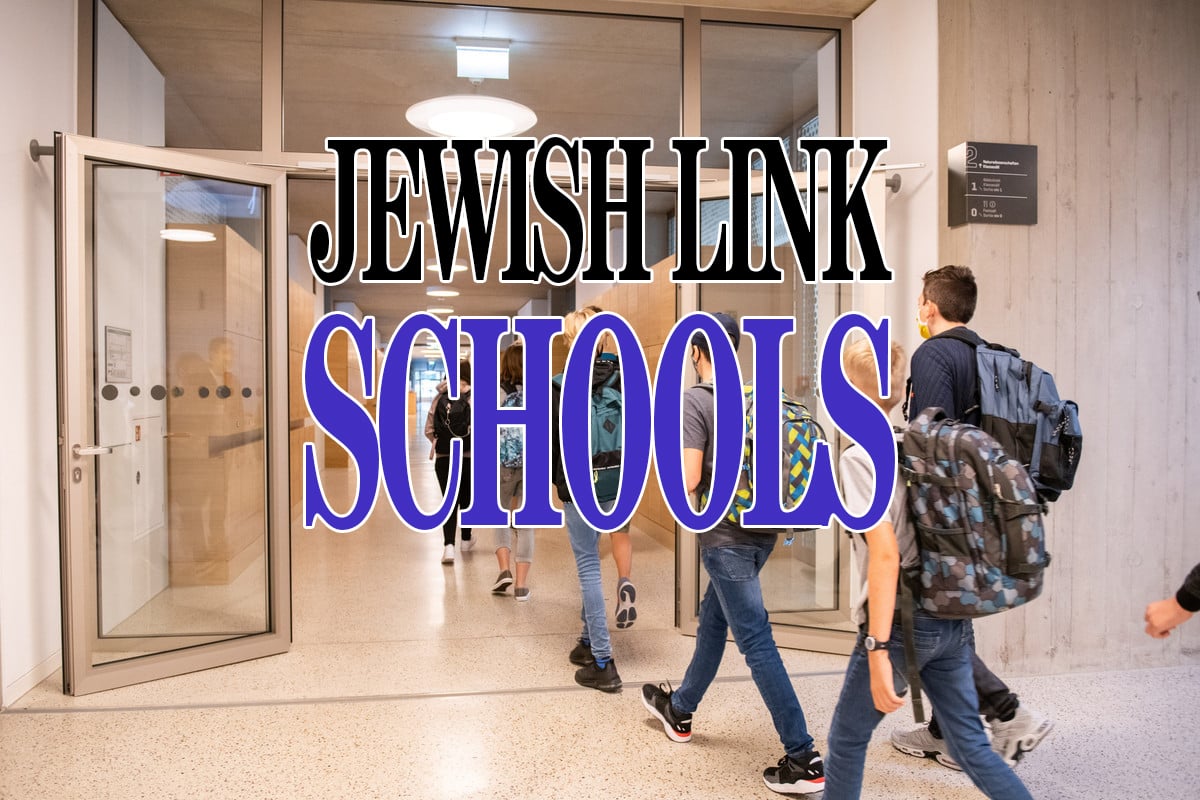What defines a yeshiva high school? Is it its leaders, its faculty, its curriculum, its constituents, its physical structure, its philosophies, its mission or a combination of them all? As SAR High School approaches its 20th academic year, administrators, teachers and over 120 community members joined together in the first session of an engaging three-part panel presentation called “Behind the Curtain: A Grand Conversation About How We Built Our School” to reflect on how SAR High School started and how it develops and cultivates its values and policies while keeping up with the ever-changing world of Modern Orthodox Judaism.
“Policies have a way of articulating and shaping who we are as a school community—both in the formation as well as in the breach,” said Dr. Tammy Jacobowitz, director of Makom B’Siach and Tanakh Department chair. “Policies have a way of crystallizing and communicating values—bringing them down to earth, giving them shape, offering a way for students and parents and teachers to experience those values. This panel is about demystifying what we mean when we say ‘the school’—by listening to the leaders of our school, by pulling back the curtain and thinking together about how we have been building and will continue to build our school.”
Moderators Dr. Jacobowitz and English Department Co-Chair Simon Fleischer led the panel, which included Rabbi Tully Harcsztark, Rabbi Jonathan Kroll and Rabbanit Lisa Schlaff, in exploring how they make decisions and generate policies for the school. Questions particularly focused on internal diversity and inclusivity, as the administrators discussed their desire to provide a warm and welcoming environment for everyone, no matter their place along the broad continuum of klal Yisrael. This philosophy extends to the various minyan offerings that celebrate those who want to sing, reflect, find deeper meaning, or learn more about the meanings behind our tefillot. It extends to the school’s GSAR club, which provides a place for LGBT SAR students to be embraced by the school they love. This philosophy foundationally invites all students, despite their religious upbringings, to be part of the Grand Conversation between Torah and the world around them.
The panel also discussed the school’s unique faculty culture that reflects its mission, shaping an intellectually stimulating learning community in which both Judaic and secular faculty members learn together, ask questions and find ways to relate Torah to the modern world. Said Rabbi Jonathan Kroll, “There is a certain humility to hearing others’ convictions because of, not in spite of, the fact that they’re different.” He cited the pasuk “Eizehu chacham, ha’lomed mi’kol adam?”; “Who is wise? He who learns from every human being”, which encourages open mindedness and for students to love their Judaism and want to live a life of Torah.
“Rabbinic leadership requires a balance of idealism and realism, an interest in moving the community toward higher goals and values, even while listening carefully to the community and calibrating your expectations accordingly,” said Fleischer. “On the one hand, issuing proclamations and making demands that will be ignored reflects a lack of wisdom; on the other hand, compromising core values out of fear of communal backlash reflects a lack of integrity.”
The administration hopes the second session of the program, “The Blessings and Challenges of Material Success,” scheduled for April 6th at 8:00 p.m., will draw an equally captive audience and help continue to define and embrace the values and practices of the yeshiva high school in today’s Modern Orthodox world. Please visit www.machonsiach.org for more information.













